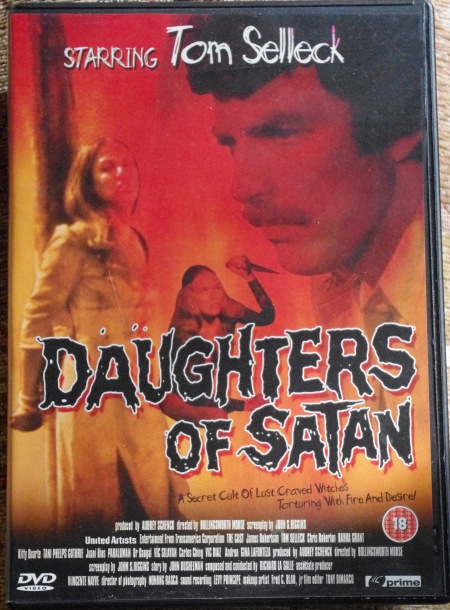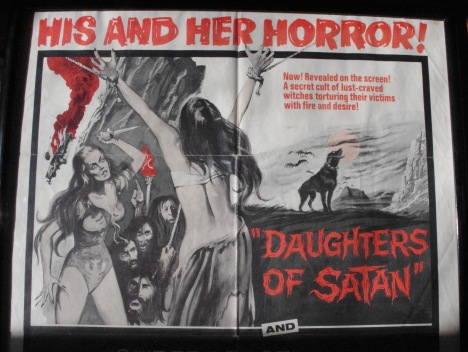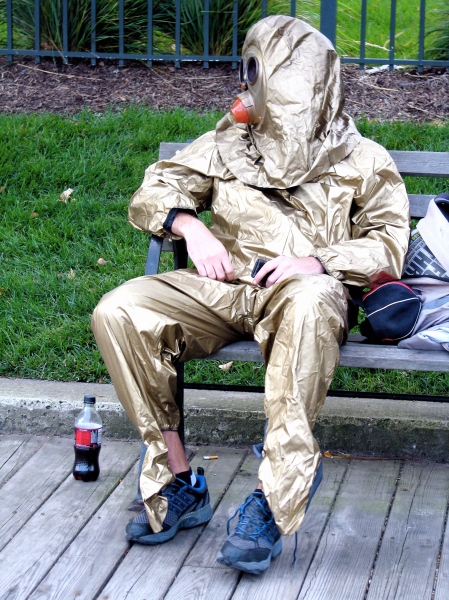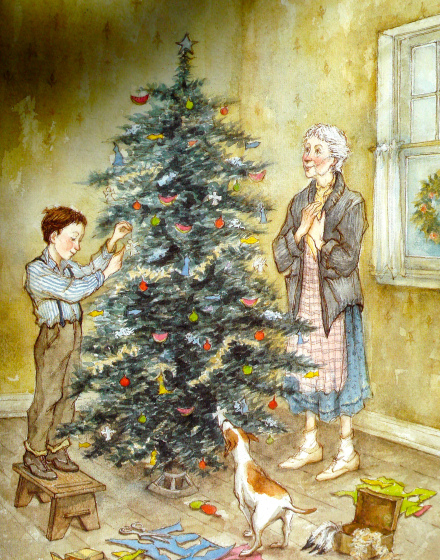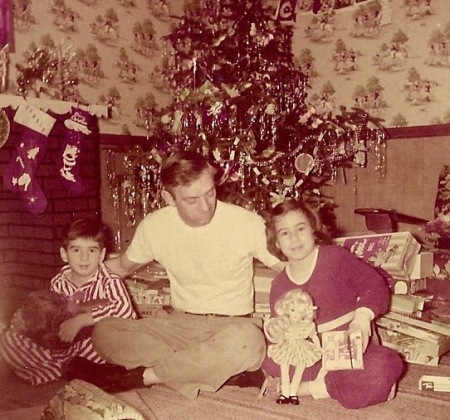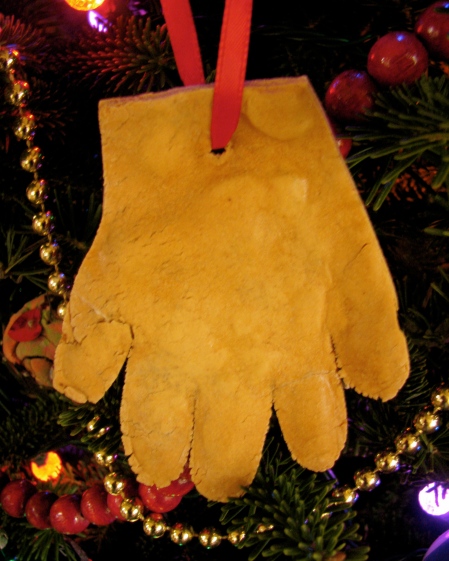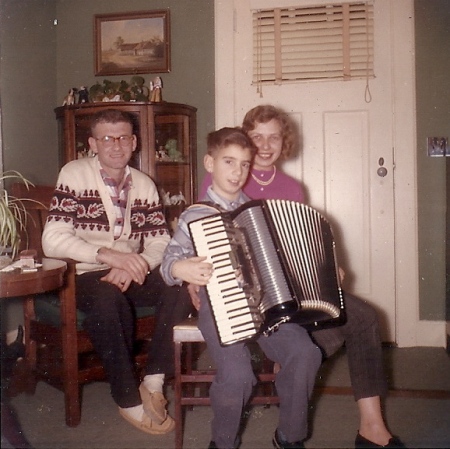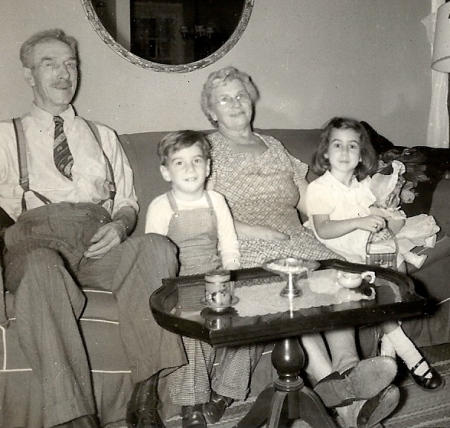
Rocky, the pet I always wished I had
Today, February 20, is Love Your Pet Day. I realize that it is also Cherry Pie Day this year, but in spite of the relative deliciousness of this enticing dessert, how special in the hearts of people can it really be? But a day to celebrate your pet? Come on, now.
Having a pet during one’s childhood is a cherished institution and a rite of passage for most American kids (and their parents who often end up taking care of them). There are pets of all kinds found in our households from the warm and furry to the feathered or scaled: cats, fish, birds, lizards, ferrets, snakes; you name it, and some kid probably has it.
Dogs, though, are by far the standard as evidenced by a walk through any neighborhood on a nice day. Our popular media reflects this too with a litany of favorite canine characters: Spot, Snoopy, Clifford, Rin Tin Tin, Lassie, Santa’s Little Helper, and Toto, to name a few. However, for various reasons (allergies, parental fear, small quarters) there exist those dogless homes with children still yearning for a creature to call their own, forcing those parents to resort to a Plan B of some sort. My home was one of those, and in my case, Plan B was Pew Pew.
Pew Pew was a duckling that arrived one Easter when I was about six. My sister and I were quite excited, though I don’t recall either of us asking for waterfowl of any kind. Nonetheless, Pew Pew took up residence in a makeshift pen in a corner of our already small dining room. I’m sure my mother was thrilled about this arrangement.
Now, ducks are probably not the best dog substitute. They are not predisposed to be walked on a leash, don’t like to be pet, and learning tricks like fetching or rolling over is quite beyond them. Quacking, waddling, eating, and pooping is their complete repertoire. They must depend on being endearingly cute to earn their keep. Their window for that is quite small.
I don’t remember what we fed Pew Pew, but it must have been pretty nutritious because he quickly outgrew his dining room pen. My dad sacrificed part of his tomato garden to create a fenced-in area out behind our garage. This had several benefits. It was roomier, did not involve stringent cleaning, and Pew Pew could waddle about and quack to his heart’s content without bothering my mother, though I’m sure our neighbors were none too pleased. The problem came when autumn rolled around and the question of what to do with Pew Pew in the winter arose. He was not about to make a return indoors as long as my mother had anything to do with it.
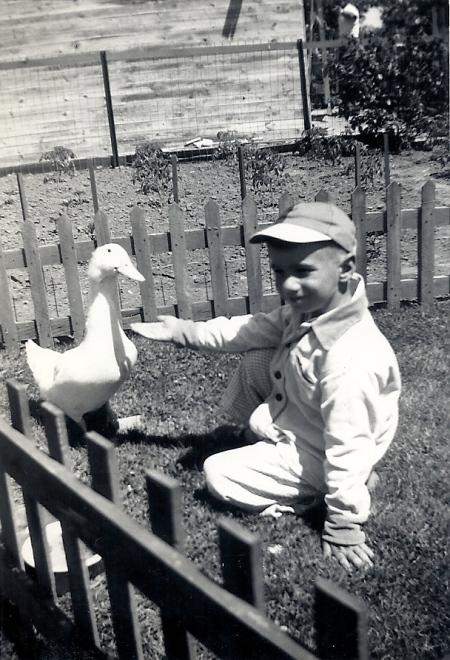
Pew Pew and I (note the warm interaction from him)
The first idea for solving this dilemma seemed simple enough. We would drive him across town to Coopers Pond and drop him off in the company of all the other ducks who made it their home. One afternoon we did just that. We brought him to the water’s edge, set him down, and turned to make a quick escape (in order to avoid a drawn-out goodbye, I supposed). Now Pew Pew could dwell in happiness with others of his kind.
The Cooper’s Pond ducks apparently never got that memo. They immediately set upon this uninvited intruder with much loud quacking and flapping and pecking. Pew Pew had no choice but to flee for his life. He waddled like I never saw him do before, almost beating us back to the car. In view of this unexpected turn of events, my parents were forced to relent, and Pew Pew had a reprieve.
This led to a second and more involved attempt several weeks later. We piled into the car with Pew Pew and drove away, this time to a farm in Long Island. Some arrangement had been made with the farm’s owners; I believe some distant cousin from the Long Island branch of the family knew them. After some final goodbyes, we drove off, never to see Pew Pew again. I’m glad I didn’t realize at the time that he’d most likely end up glazed on someone’s plate in a restaurant.
My pet void was filled a few years later. During a family outing at Palisades Amusement Park, I spotted a game of chance that drew me instantly to it because it seemed winnable and the prize was a goldfish. The object of the game was to throw a ping pong ball so it landed in one of the small fish bowls lined up on a shelf. Each was filled with colored water and had a goldfish occupying it, and the fish and bowl would be yours with a single successful toss. I don’t remember how many attempts it took (the mouths of the bowls were narrower than one would have expected), but by golly, I went home with a goldfish!
My joy of having a pet fish (who, in reality, did even less than Pew Pew, but a pet is a pet) was short-lived. The following weekend I went on a camping trip with my Boy Scout troop. I gave detailed instructions on the care and feeding of my fish to my mother. Upon my return on Sunday, the fish bowl was gone from its perch on a shelf in the kitchen and I was informed of the goldfish’s sudden demise. My suspicion (unfounded, of course — it was most likely the ingestion of the colored water in the bowl that did him in) was that my mom seized the opportunity of my absence and whacked the little fella.
Two parakeets came next, the first named Fudgie followed by another named Val, but they were “family pets,” so my connection to them was minimal. I must admit, they beat both Pew Pew and the goldfish by a mile when it came to being entertaining, but still I was not emotionally invested, as they say. The same was true for my sister’s two small turtles. I remember more about their clear plastic bowl with its clear plastic island and green plastic palm tree (I hope those guys liked plastic) than I do about the turtles themselves.
Then it happened. I got a real pet, one I actually wanted, a hamster named Scrappy. This small brown and white ball of fur came with a wire cage complete with exercise wheel and an inverted gravity-feed water bottle. I could hold him and let him climb up my arm. He could eat out of my hand and play on the table. I could watch him spin madly in his exercise wheel. This surpassed the combined skills of all the previous pets. Best of all, I could tell he loved me when he looked up at me with his beady little black eyes, whiskers all atwitter. It was my job to feed him, clean his cage, and take care that he didn’t escape (the last one my mother was particularly emphatic about). And I did this religiously. Well, most of the time.
My time with Scrappy was a happy one, marred only by two incidents, both of which were the result of my failure to properly execute my duties. The first was when he escaped through the unsecured door on his cage. He disappeared for a few days, causing my mother great distress, but then suddenly reappeared in the back of a closet. I attributed his return to him missing my tender care and not my sister’s theory that he was merely hungry. However, this was minor compared to the second incident which was catastrophic.
One particular day I hadn’t fed Scrappy on schedule, resulting in a harsh reprimand from my mother. I attempted to get his food, stored in the bottom cabinet of a freestanding cupboard, but in my shaken state, I pulled the doors too hard. The entire cupboard tipped over and the upper doors swung open unleashing a barrage of my mother’s prized wedding china which rained down and crashed all around me. I had never seen my mother so upset, and in her tearful rant she yelled something about “getting rid of that damned animal.” I dashed from the pile of shards (amazingly unscathed), snatched Scrappy from his cage, and ran crying into the garage, cowering in a corner in fear of losing my little friend. It took some major diplomacy on my father and sister’s part to placate my mother, but Scrappy avoided the threatened exile.
One Sunday morning I arose to get Scrappy from his cage. At first I didn’t see him, but then, amongst the wood shavings, I saw him on his side with his little pink feet sticking stiffly out. Scrappy had moved on to hamster heaven. I was crushed. He was honored with a tearful funeral in our backyard beneath the climbing rose bush which was the final resting place for all our pets (except for the poor goldfish, who I think got unceremoniously flushed). There were to be no more pets of my own in my life after that.
I’m not sure if the many supposed life lessons accorded to pet ownership were learned or not when I was a kid. However, I’ve since come to understand during my years of reading student compositions how great and widespread the trauma is from the death of a pet. Perhaps these first encounters with unqualified love and inevitable departure are important to an early understanding of mortality. This is a tough lesson no matter when it occurs, and it is never easy to deal with emotionally. But there is the Yin of joy and companionship and that offsets the Yang of death, and it is the capacity to realize that balance which may be part of the critical foundation for a child’s future understanding. For most kids who had their own Scrappy experience whether it was a dog, cat, bird, or iguana, I think they would conclude it was better to have had their loving friend and lost them than to never have had them at all.
So today on Love Your Pet Day, think back to Rover or Fluffy or Pretty Boy. Lift a glass in appreciation of their memory. If you currently have a pet in your life, take the time to give him or her an extra pat or a special treat. After all, there is no one else who loves you like your pet.

Max, who knows well the love of his human






